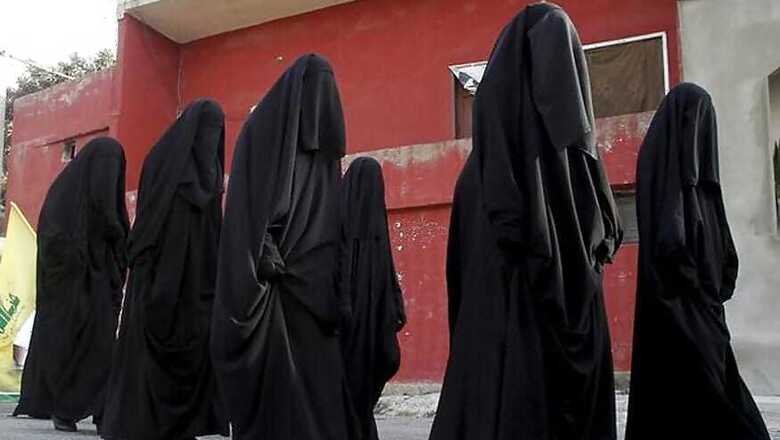
views
New Delhi: As the government of India promulgated the Muslim Women Marriage ordinance for the third time making the act of instantaneous divorce by Muslim men a criminal offence, Pakistan too has taken steps to introduce measures that would enable women have the right to divorce their husbands in accordance with Shariah.
The Council of Islamic Ideology (CII), a constitutional body responsible for giving legal advice on Islamic issues to the Pakistan government and its parliament, has proposed major amendments in the nikahnama (marriage document).
The council headed by chairman Qibla Ayaz, has suggested that the priest or the nikahkhawan, who performs the marital ceremony will now have to mandatorily inform the woman of her right to dissolve the marriage.
The CII is a statutory body with a minimum of eight and a maximum of 20 members, including one woman, whose function is to advise parliament on whether laws are in consonance with Islamic injunctions.
While in India, the law makes it a criminal offence to pronounce triple talaq with a penalty of maximum three years in jail, the CII too has recommended it to be made a punishable offence, but said the punishment will only be meted out after scholars of different Islamic schools are consulted with.
Currently, women in Pakistan can only resort to ‘khula’ or divorce by approaching the courts. But activists have complained that women are often subjected to serious mental and physical harassment whenever such a step is sought to be taken.
Under the newly proposed amendments, the council has drafted a talaqnama which would specifically mention the rights of women and have the clause that she reserves the right to dissolve the marriage.
But under the amended law, it’s only the woman who can delete the clause or have the clause deleted with her consent. Now it would be up to the woman on whether she would surrender the rights and give her husband the power to dissolve the marriage or not.
With Pakistan taking this step, it now remains to be seen whether the Indian government uses this as an example while again attempting to pass the triple talaq bill in Parliament.
However, the All India Muslim Personal Law Board (AIMPLB) said this form of divorce where woman has the right to divorce her husband was “not absolute but is a delegated right.”
Zafaryab Jilani, a member and counsel of AIMPLB, said, “This is known as as Talaq e Tafweez and can only be given if the husband allows her to do so.”
“This concept of talaq is prevalent in India over several years. It was in early 1990s that the board had decided to introduce the clause in the Nikahnama where she can have the right to divorce subject to the husband’s approval. But this is not widely practised,” Jilani said.




















Comments
0 comment